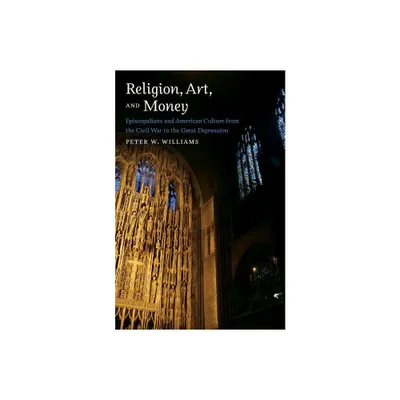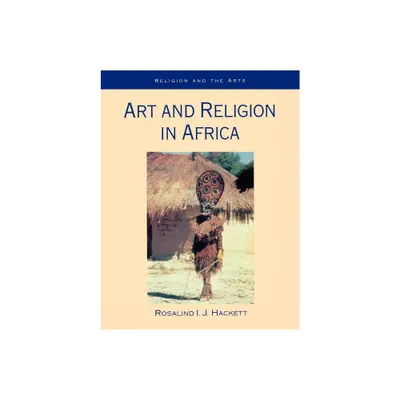Home
Interplay of Things: Religion, Art, and Presence Together
Loading Inventory...
Barnes and Noble
Interplay of Things: Religion, Art, and Presence Together
Current price: $27.95


Barnes and Noble
Interplay of Things: Religion, Art, and Presence Together
Current price: $27.95
Loading Inventory...
Size: Paperback
*Product Information may vary - to confirm product availability, pricing, and additional information please contact Barnes and Noble
In
Interplay of Things
Anthony B. Pinn theorizes religion as a technology for interrogating human experiences and the boundaries between people and other things. Rather than considering religion in terms of institutions, doctrines, and creeds, Pinn shows how religion exposes the openness and porousness of all things and how they are always involved in processes of exchange and interplay. Pinn examines work by Nella Larsen and Richard Wright that illustrates an openness between things, and he traces how pop art and readymades point to the multidirectional nature of influence. He also shows how Ron Athey's and Clifford Owens's performance art draws out inherent interconnectedness to various cultural codes in ways that reveal the symbiotic relationship between art and religion as a technology. Theorizing that antiblack racism and gender- and class-based hostility constitute efforts to close off the porous nature of certain bodies, Pinn shows how many artists have rebelled against these attempts to counter openness. His analyses offer a means by which to understand the porous, unbounded, and open nature of humans and things.
Interplay of Things
Anthony B. Pinn theorizes religion as a technology for interrogating human experiences and the boundaries between people and other things. Rather than considering religion in terms of institutions, doctrines, and creeds, Pinn shows how religion exposes the openness and porousness of all things and how they are always involved in processes of exchange and interplay. Pinn examines work by Nella Larsen and Richard Wright that illustrates an openness between things, and he traces how pop art and readymades point to the multidirectional nature of influence. He also shows how Ron Athey's and Clifford Owens's performance art draws out inherent interconnectedness to various cultural codes in ways that reveal the symbiotic relationship between art and religion as a technology. Theorizing that antiblack racism and gender- and class-based hostility constitute efforts to close off the porous nature of certain bodies, Pinn shows how many artists have rebelled against these attempts to counter openness. His analyses offer a means by which to understand the porous, unbounded, and open nature of humans and things.


















